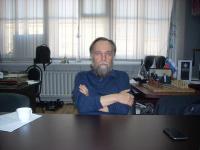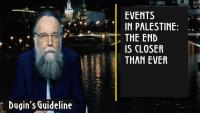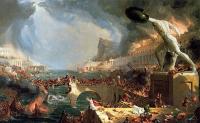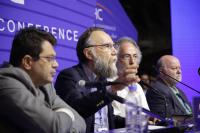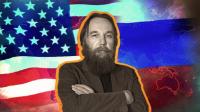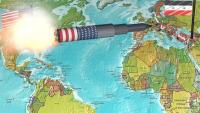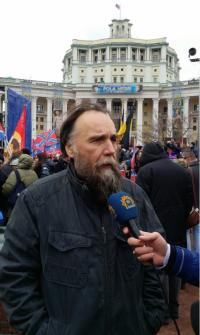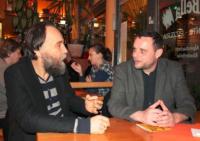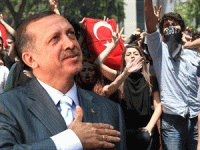Soçi görüşmesinin perde arkasını anlattı
Soçi’de yapılan son görüşmeye dair arka plan bilgilerine vakıf olduğunu aktaran Dugin “O gün Erdoğan ve Putin dünya dengeleri açısından hangi tarafta yer alacaklarını konuştu ve aldıkları kararı paylaştı. Kürt haritasından Kırım’a, Afganistan’dan Libya’ya, Kafkaslardan Suriye’ye tüm alanlara ilişkin hayati konularda kendi kırmızı çizgilerini çizdi. Başta İdlib olmak üzere birçok konuda uzlaştıklarını söyleyebilirim. Ancak bu tarihî buluşmada konuşulanların önemli bir kısmı sır olarak kalacak. Biz sadece sahada yansımalarını göreceğiz’’ dedi.
Putin’in dış politikasını belirleyen isimlerden Aleksandr Dugin, ABD’nin Suriye’den çekileceğini ve bunun kademeli olarak gerçekleşeceğini anlattı. Amerika’nın çekilmesi ile tüm meselelerin hallolmayacağı görüşünü dile getiren Dugin “ABD çekilse bile kriz üretmeye devam edecek. Bu noktada tek belirleyici unsur Rusya, Türkiye ve İran’ın tutumu olacak” diye konuştu.

